The 2024 shareholder season in Japan highlighted a significant shift in investor expectations, with international shareholders demanding stronger climate action from at least six Japanese corporations including three mega-banks.
Companies like Nippon Steel and Toyota faced significant climate-related resolutions, reflecting growing investor pressure on Japanese corporations to adopt robust strategies for aligning with global climate standards. This trend indicates that a significant portion of investors recognise the financial risks posed by climate change and are actively engaging in dialogue and influencing decisions on corporate climate action.
Accounting for Climate Risk at Mega-banks
The megabanks are lagging behind when it comes to playing their part in the critical transition to clean energy, as compared with many of their peers in Europe and Australia. At the AGMs of three Japanese megabanks: Mitsubishi Financial Group (MUFG), Sumitomo Mitsui Financial Group (SMFG) and Mizuho Financial Group faced two climate resolutions, brought forward by Market Forces, Rainforest Action and Kiko Network, mounting pressure from international investors over their climate policies.
Investors are concerned about how climate-related risks and opportunities are being incorporated and actively managed. That is why this year a huge number of investors- 25-26.34%- supported a resolution requiring board members to have competencies that ensure that the management of climate risk is embedded in the company strategies.
Across the three banks 18.38-24.21% of investors supported another resolution requiring the disclosure and assessment of fossil fuel sector climate change transition plans. As national regulators begin to roll out new climate-related International Financial Reporting Standards (IFRS), companies in Asia must take a more rigorous approach to climate and financial reporting. The proposal highlighted the need for transition plans to align with the 1.5°C goal of the Paris Agreement as well as the consequences if these needs are not met, including the restriction of new finance.
Pressure on Corporate Giants
The trend extended beyond banks. Nippon Steel faced three significant resolutions from a group of institutional investors managing just under US$5 trillion in assets. A resolution filed by Corporate Action Japan (CAJ) and Australian Centre for Corporate Responsibility (ACCR) called for aligning GHG emissions targets with the Paris Agreement garnered 21.48% support, underlining investor insistence on climate accountability.
At Nippon’s AGM, shareholders delivered Japan’s largest ever vote in support of a climate lobbying resolution with 27.98% backing a proposal filed by Legal & General Investment Management (LGIM) and ACCR. Investors such as Storebrand voiced their concerns that Nippon Steel lacks transparency regarding its lobbying activities including trade associations and highlighted the need for clarity on the steps the company would take if significant misalignment with these goals is identified.
For the second consecutive year, Toyota received a proposal- this time from Danish pension fund AkademikerPension- calling for enhanced reporting on the company’s climate lobbying activities. The proposal garnered 9.3% support, down from 15.34% the previous year. Despite Toyota publishing its third lobbying report earlier this year, investors are increasingly focused on the company’s interactions with trade associations and its approach to engaging on public policy issues.
Conclusion
The 2024 shareholder season in Japan marked a pivotal moment in the country’s climate action efforts. Japanese corporations are under increasing pressure to align with global climate standards thanks to strong investor action and support for climate resolutions. As this momentum builds, the challenge lies in ensuring that these companies respond effectively, adopting robust strategies to mitigate climate risks and align with the Paris Agreement’s goals.
For further details on the shareholder proposals and their impact, you can read the full reports from Market Forces, ACCR and Corporate Action Japan.





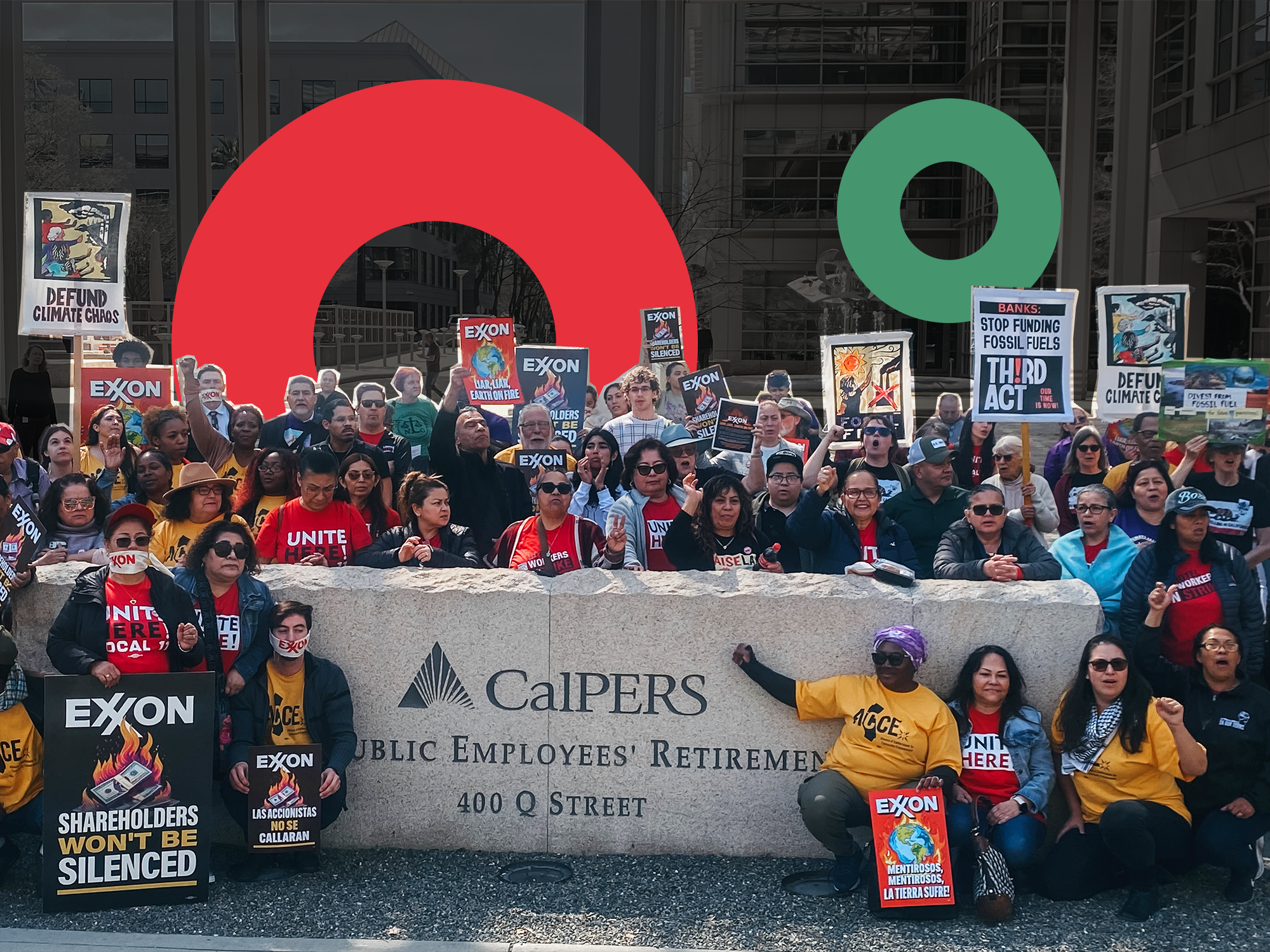

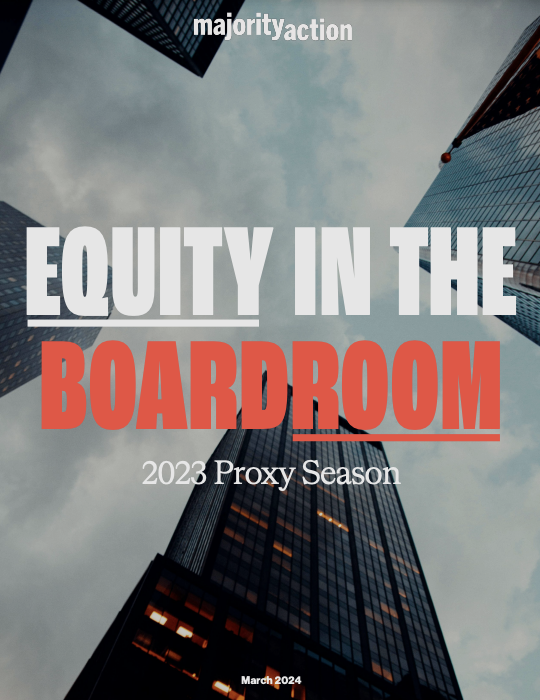


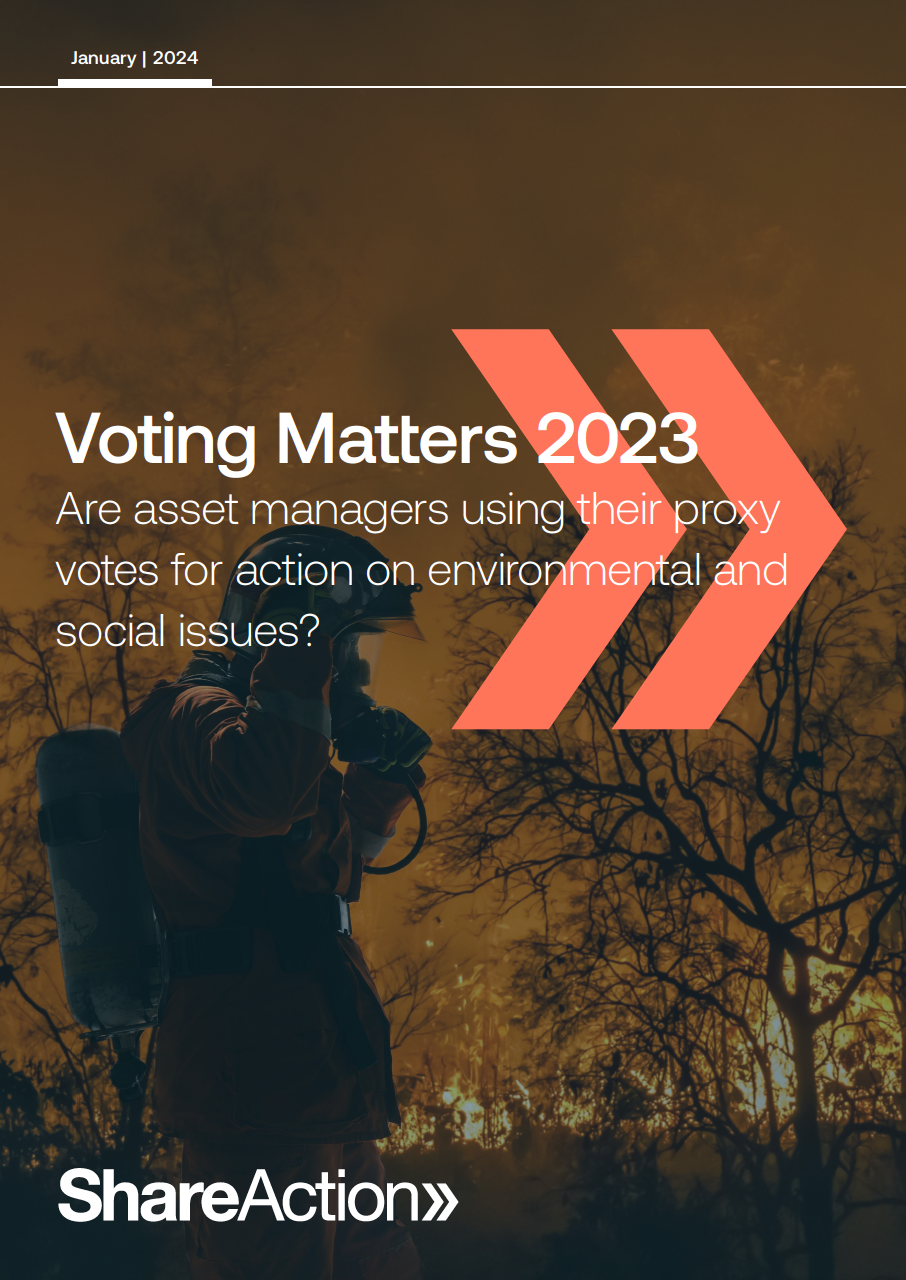



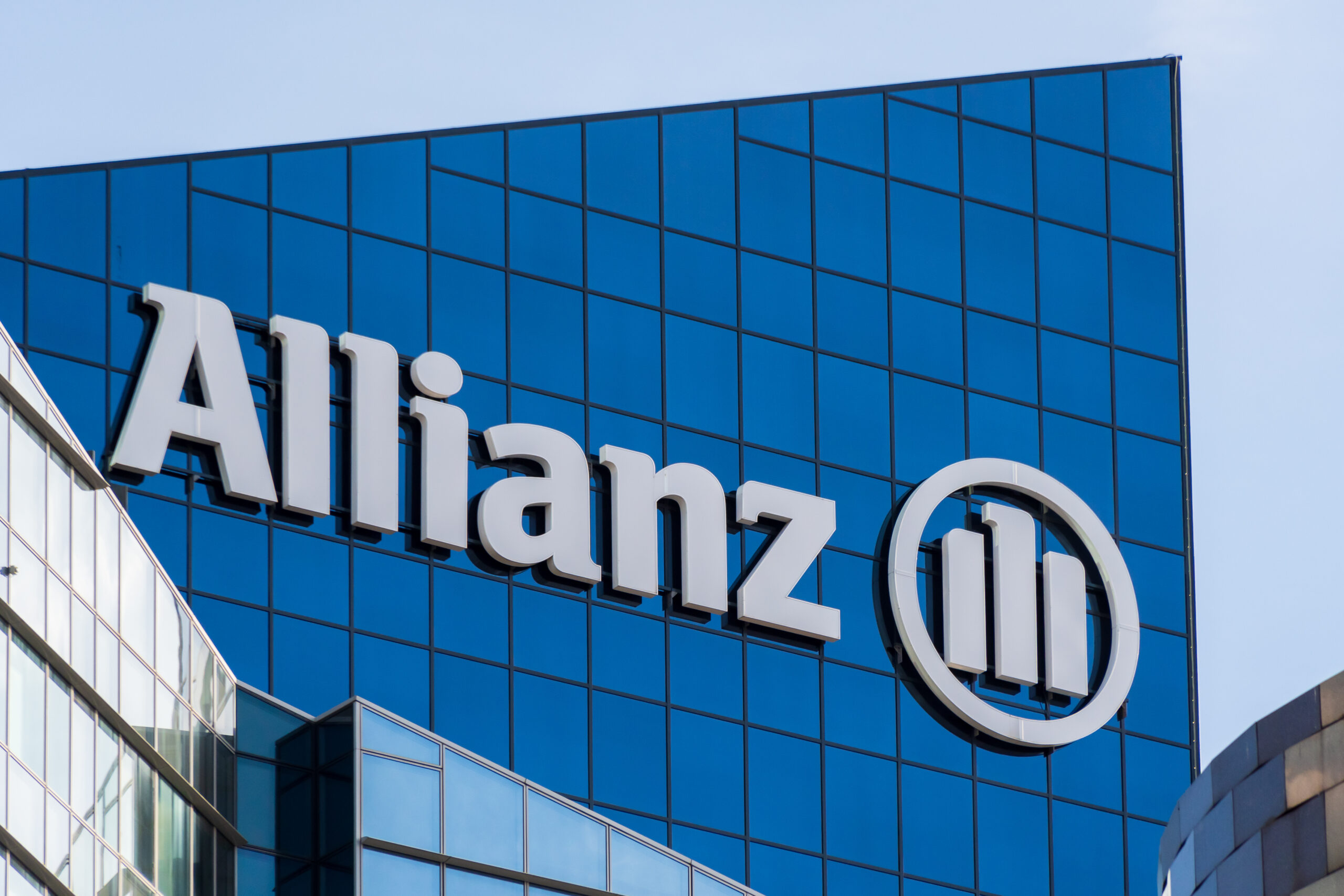







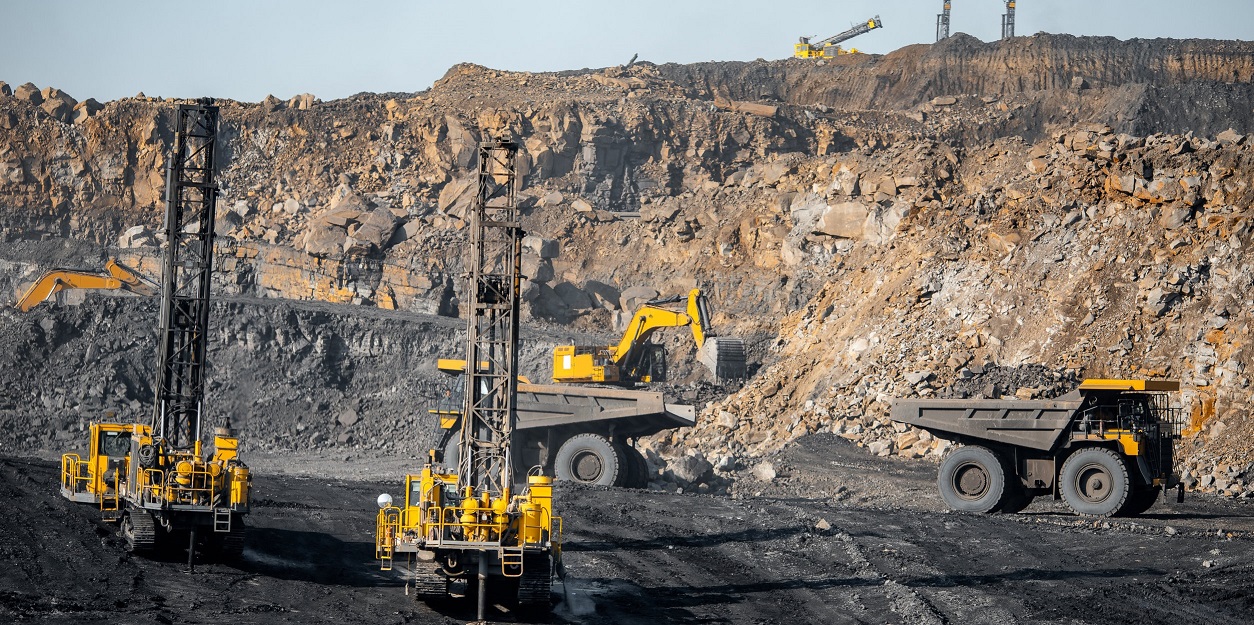

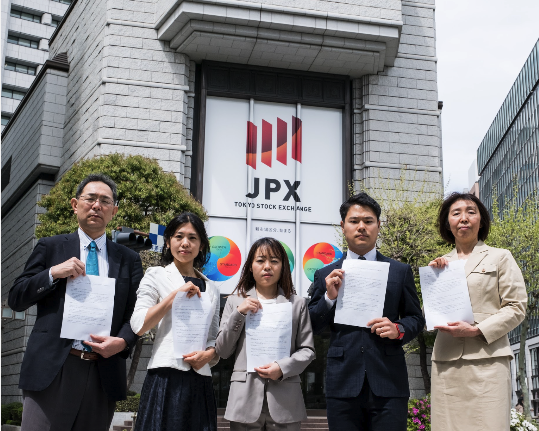






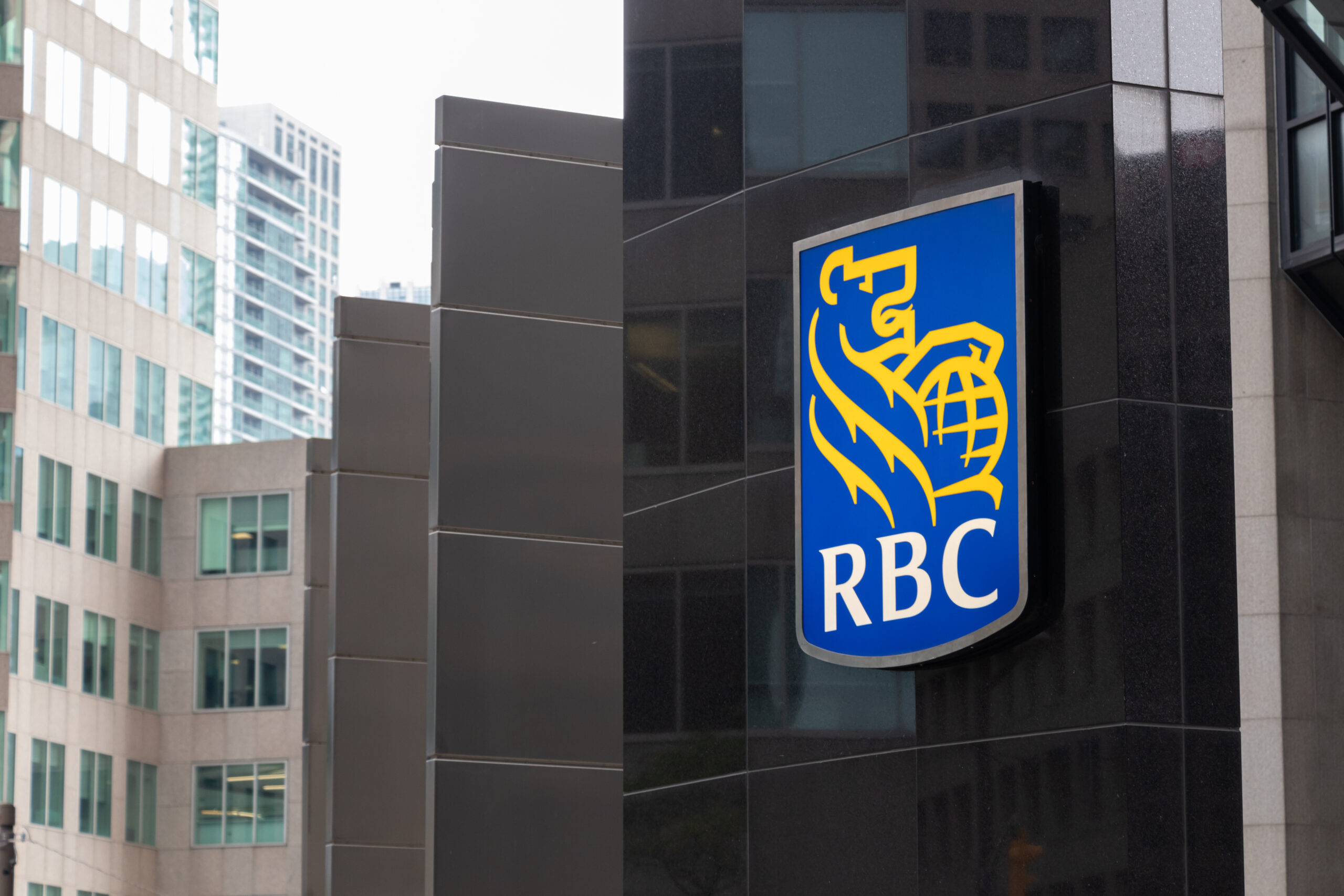



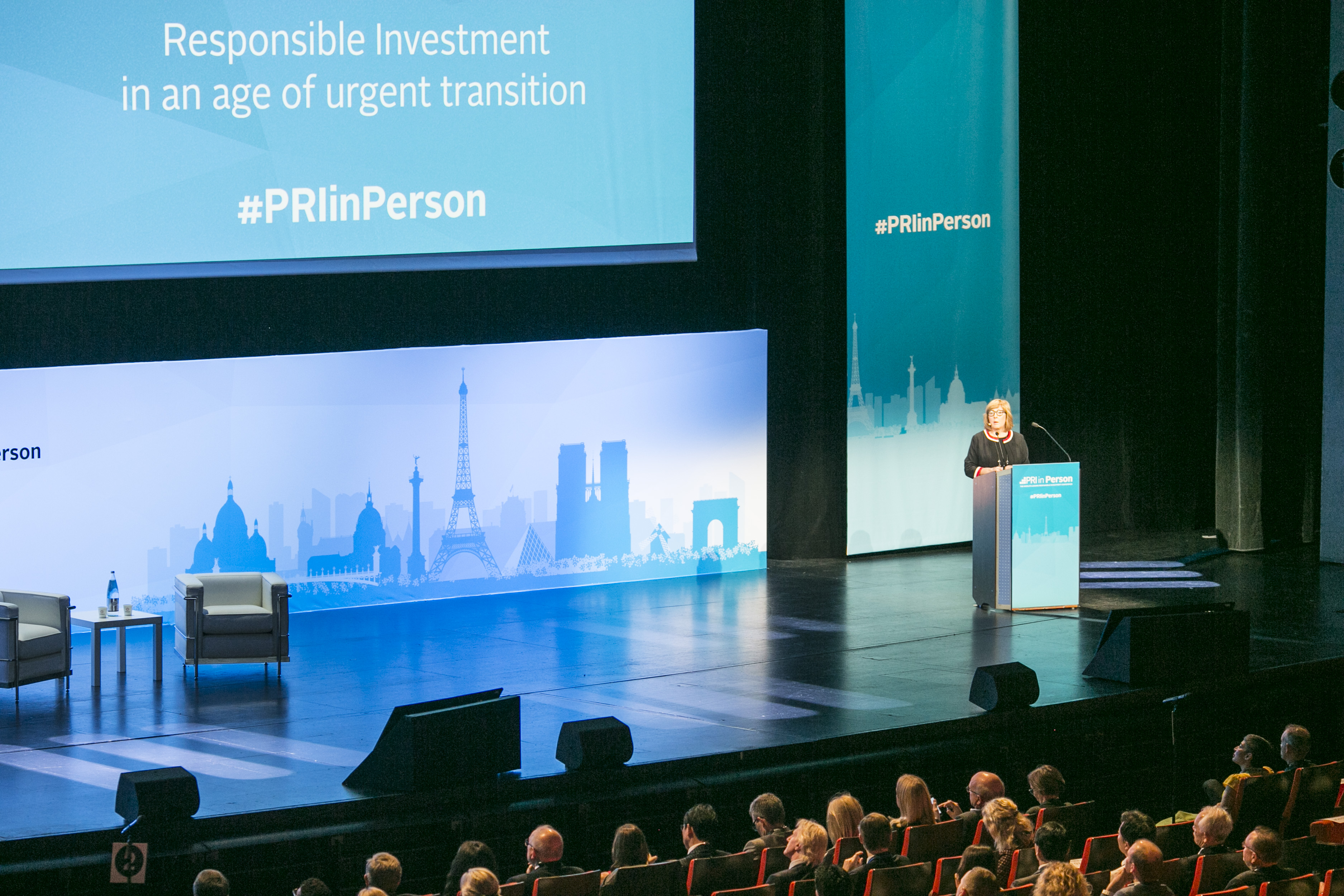








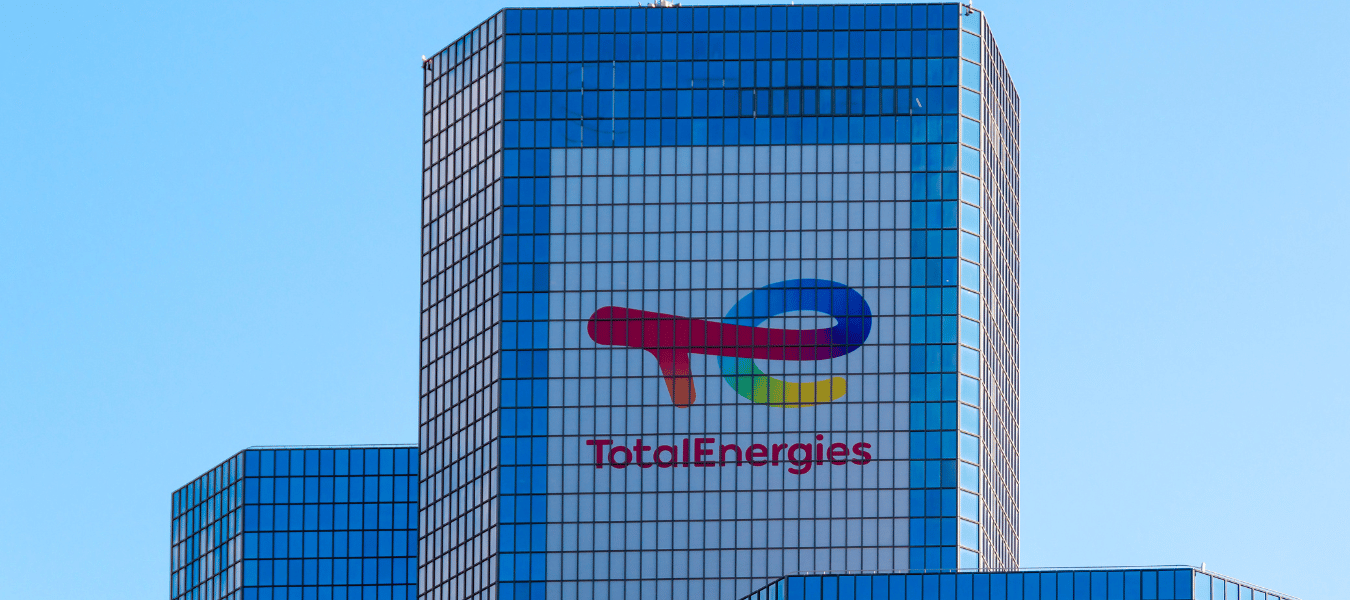
















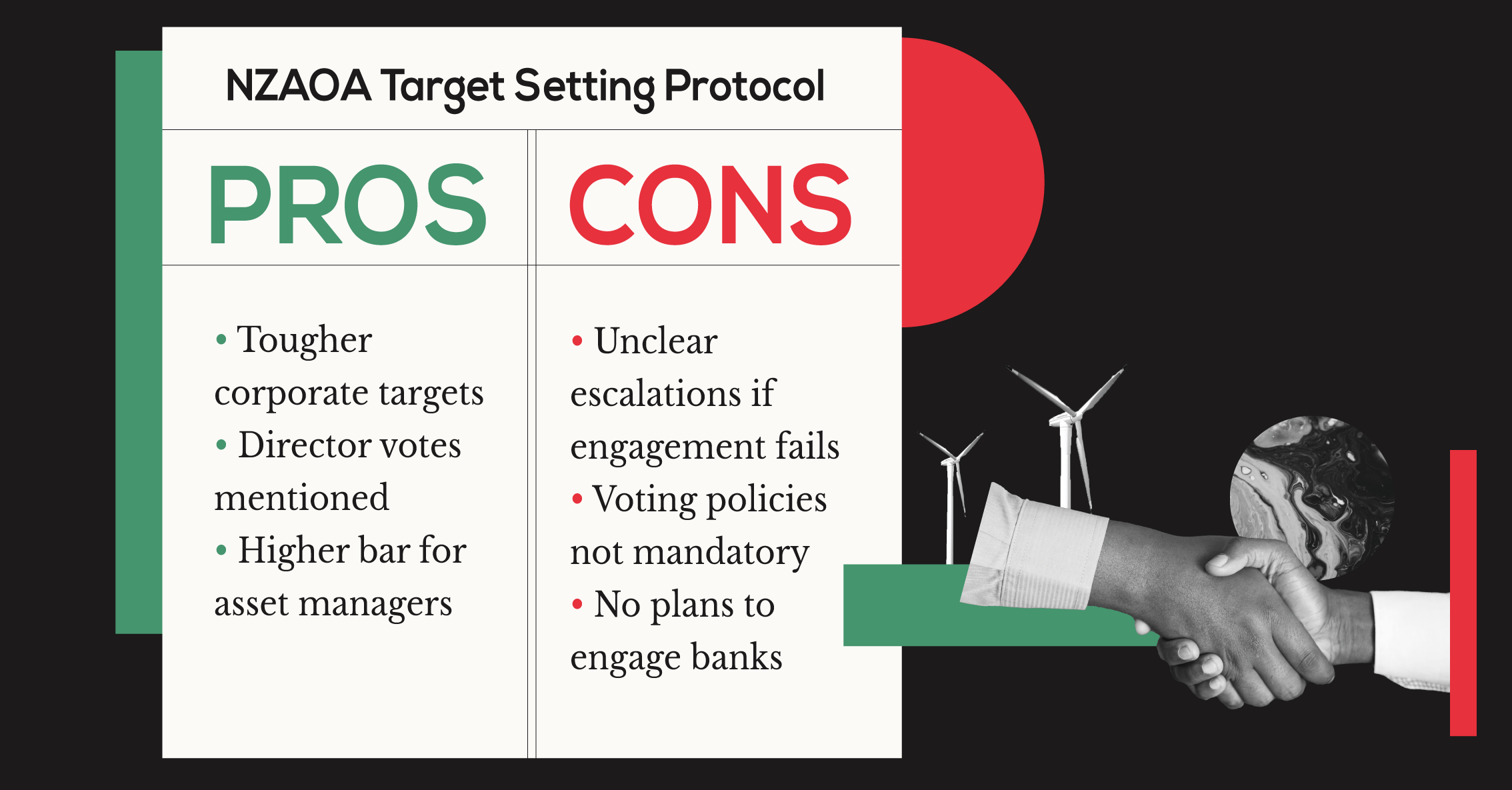
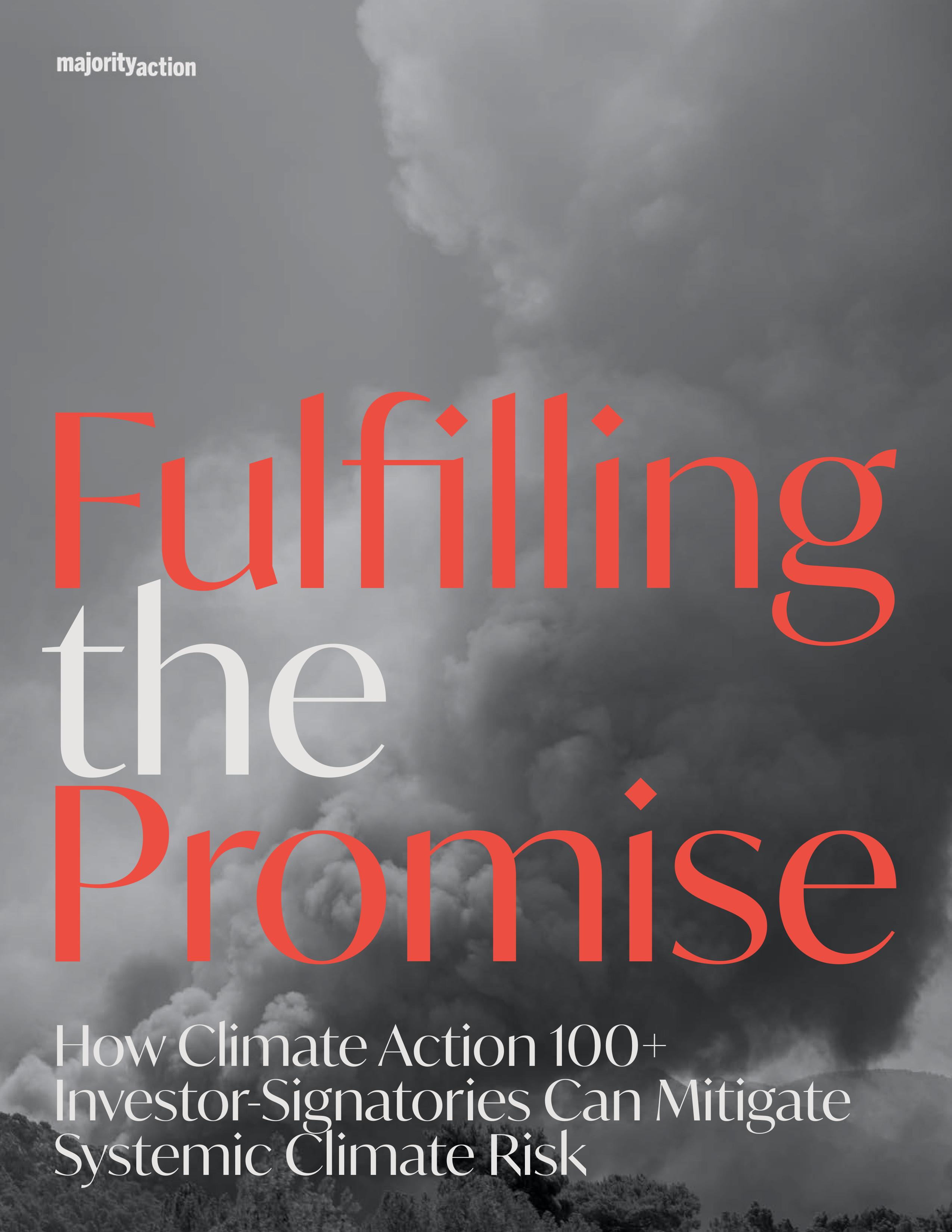


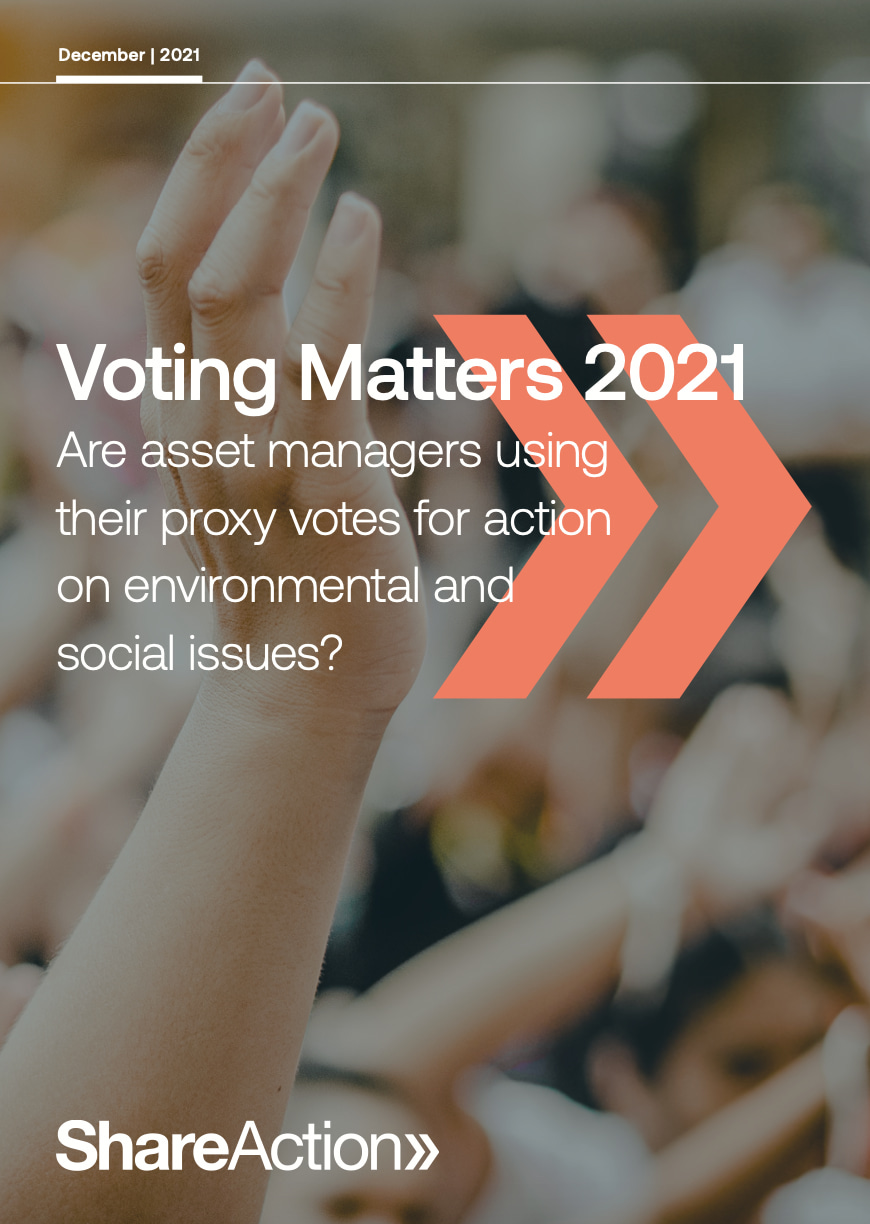






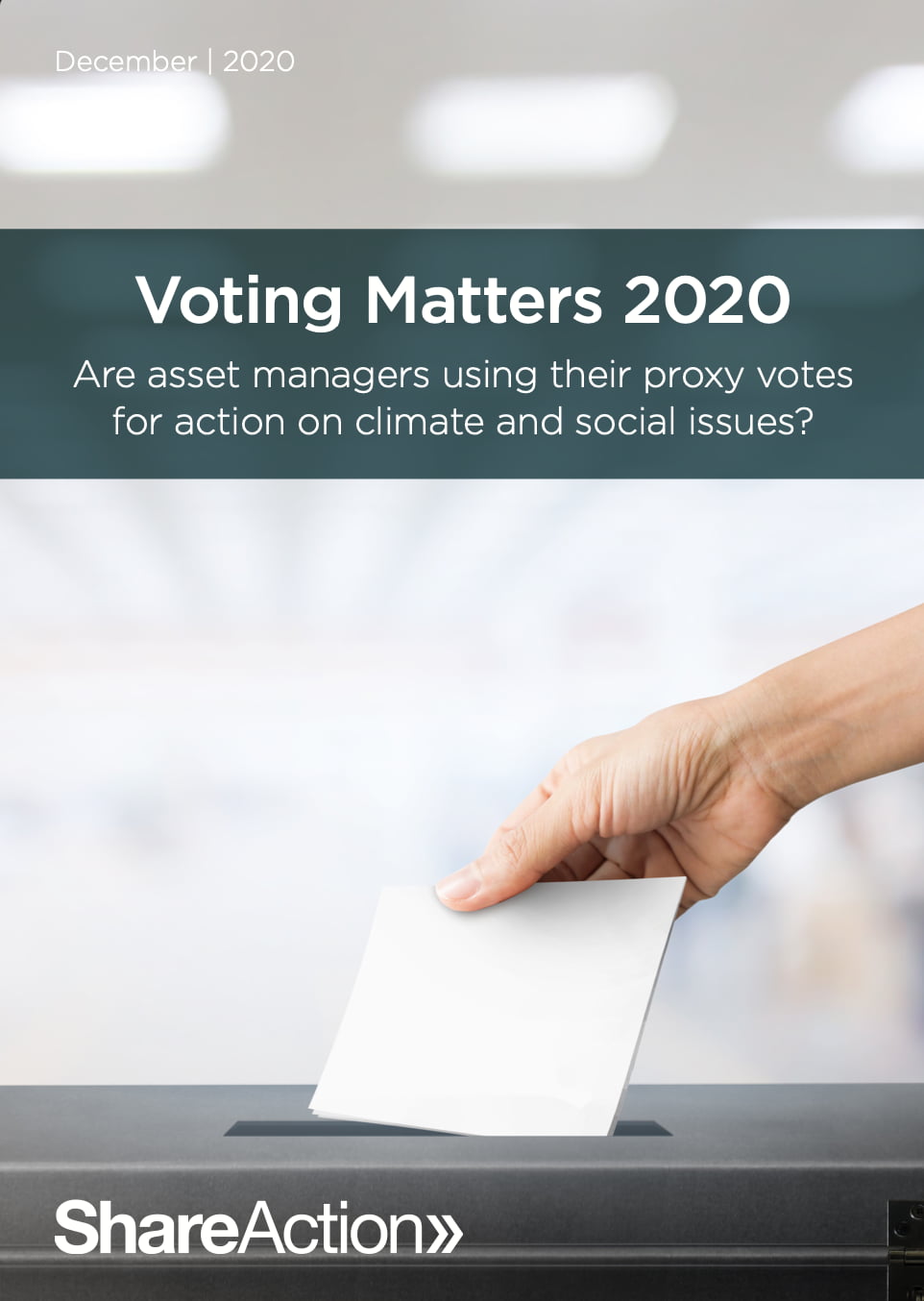

Share